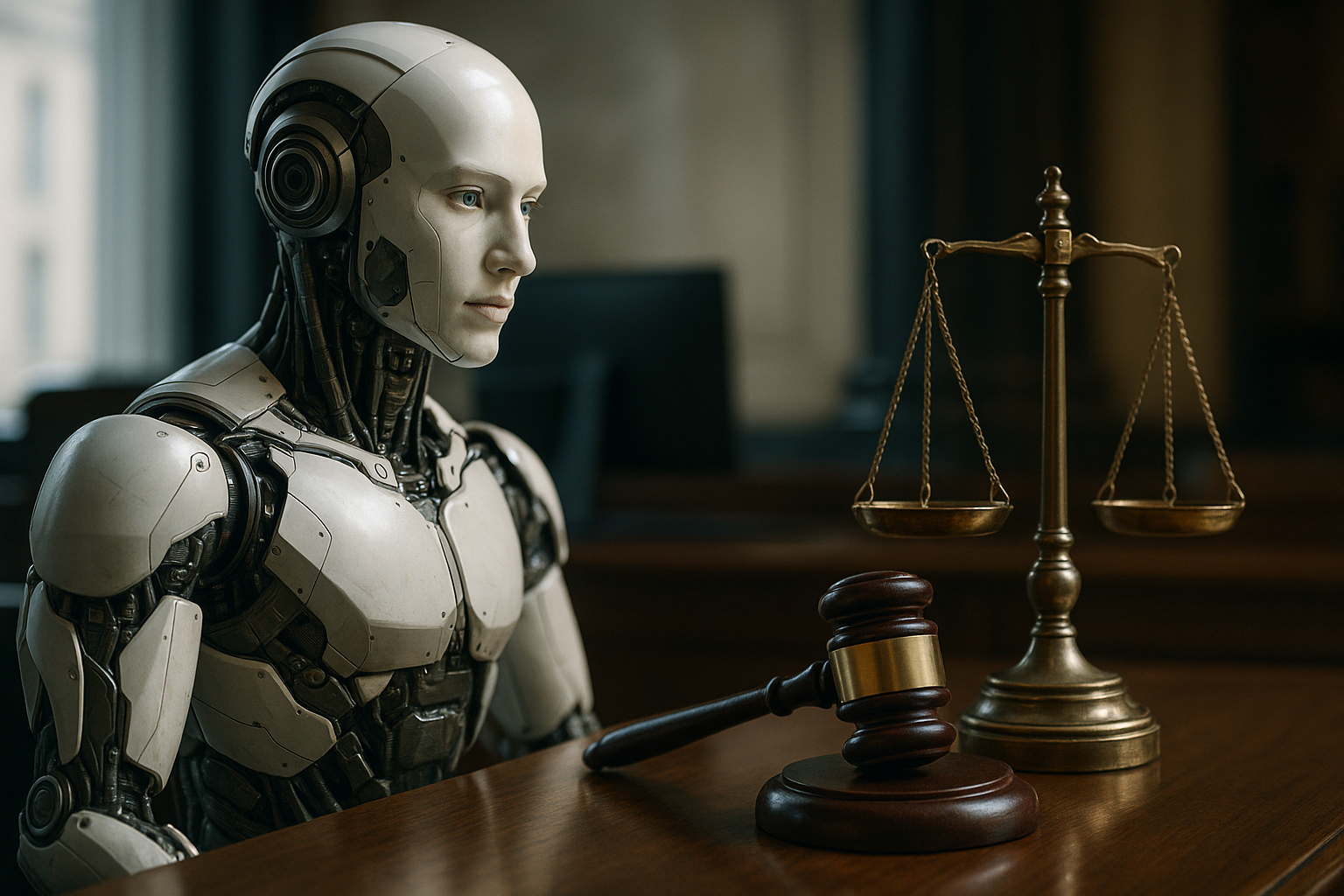"Emerging Legal Considerations in the Age of Artificial Intelligence"
Introduction: Artificial Intelligence (AI) is transforming every realm of human existence, and the legal domain is no exception. This article delves into the complexities that AI presents to law and government, shedding light on the evolving landscape.

The Advent of Artificial Intelligence
The concept of AI can be traced back to 1956, an era that witnessed the birth of computer technology. The term was coined by John McCarthy, a computer scientist, who envisioned a future where machines could perform tasks that would require human intelligence. Over the decades, AI has quickly evolved from a theoretical concept to a practical tool, permeating every sphere of our lives - from transportation and healthcare to banking and legal services.
AI and Law: A Complex Relationship
The relationship between AI and law is multifaceted. On the one hand, AI has the potential to streamline legal processes, taking over routine tasks such as contract analysis and legal research, thus allowing lawyers to focus on more complex issues. On the other hand, AI brings forth a plethora of legal questions. These pertain to accountability, transparency, and control, among others.
Recent Legal Developments
In recent years, governments worldwide have started grappling with the legal challenges posed by AI. In 2020, the European Commission released a White Paper on AI, proposing a regulatory framework for AI systems to ensure safety, transparency, and accountability. Similarly, in the U.S., the Algorithmic Accountability Act was proposed in 2019 to regulate automated decision systems and mitigate the risks associated with AI.
Implications of AI on Legal and Societal Aspects
The implications of AI on law and society are profound. One of the key issues pertains to liability. If an AI system causes harm, who should be held responsible? The manufacturer, the programmer, or the user? Furthermore, AI’s capacity to mimic human behavior brings forth ethical issues. Should AI systems have rights? If so, what would those rights be?
Looking Ahead: Future Directions in AI and Law
As we move further into the AI era, lawmakers and legal professionals must navigate these uncharted waters with care. There is a need for new laws and policies that address the unique challenges posed by AI, while also leveraging its potential benefits. This calls for a concerted effort from all stakeholders, including legislators, technologists, and citizens.
In conclusion, the age of artificial intelligence is not a distant future, but a present reality. As such, it is essential for law and government to evolve and adapt to these technological advancements, ensuring a future where AI serves as a tool for progress, not a source of legal chaos. The journey is complex and fraught with challenges, but with thoughtful legislation and informed public discourse, we can steer the course of AI towards a future that is legally sound and ethically responsible.




